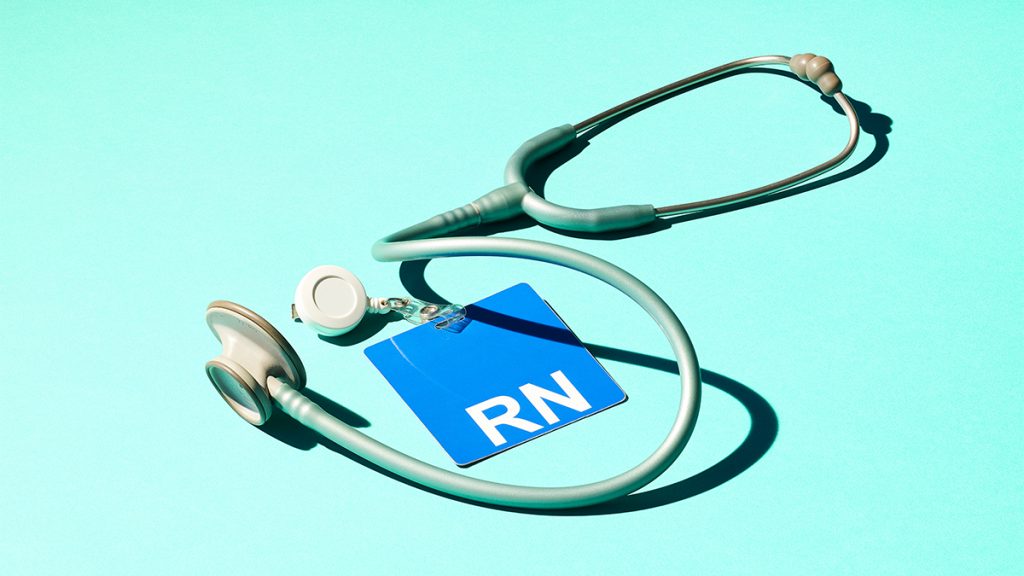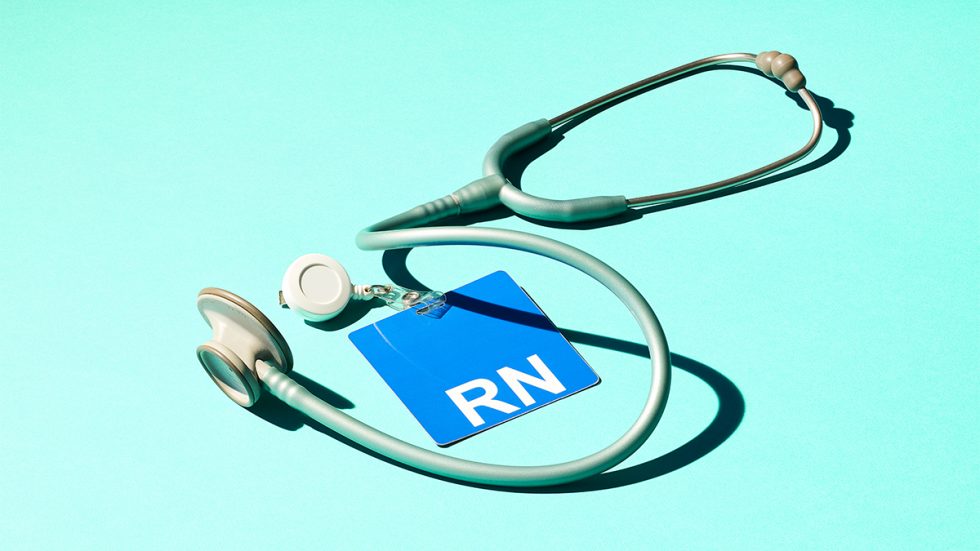Nursing has been practised as a profession for more than a century and today it is increasingly recognized. His teaching has gone through different stages until today reaching training in the fourth level with the acquisition of the scientific degree of Doctor of Science. This current development of the National Health System in its extension and coverage requires human resources that are increasingly efficiently prepared from a professional and human point of view to face the challenges of this process and thus make an effective contribution to raising the levels of health of the population.

The emergence of postgraduate activities increased in the 1970s with the definition of new functions for nursing worldwide. One of the most developed academic training modalities from the 90s to the present is a master’s degrees. Being a master in any of the specialities of science corresponds to a staff of high scientific level and international rigour, willing to assume that speciality at any time and place with the domain that corresponds to them. This academic figure allows nurses to develop high professional competence and performance and advanced capacities for teaching, leadership and scientific, technical and humanistic research.
Multi-professional masters
The Master’s degrees in any of the sciences must provide university graduates with a deep domain of research methods, a broad scientific culture and advanced knowledge to develop skills and mode of action in the work they will exercise, be it healthcare, administrative, teaching or research and kursus perakaunan.
The non-existence in the country of a master’s program specific to the nursing profession forced its professionals to take other multi-professional master’s degrees. This occurs with the incorporation in the 1992-93 academic year to the Master of Public Health of nursing personnel from all over the country and, later, with the beginning of the Master’s degrees in Primary Health Care, Health Psychology, Epidemiology and Medical Education. In all these training, the nursing staff was inserted as a member of the health teams.
This development of nursing professionals in postgraduate studies, given by the considerable number of graduates from different master’s degrees and the political will towards the progress of the profession, were determining aspects for the creation, design and approval of a new academic figure: the Master of Nursing.
Master in nursing
The purpose of the Widad college Master in Nursing is to update and promote the development in teachers of the processes that contribute to the identification and solution of health, managerial and educational problems in the areas of their competence, through a systemic and contemporary perspective that impact their competence and investigative performance and favour the application of the Nursing Care Process with the levels of scientific-technical development.
